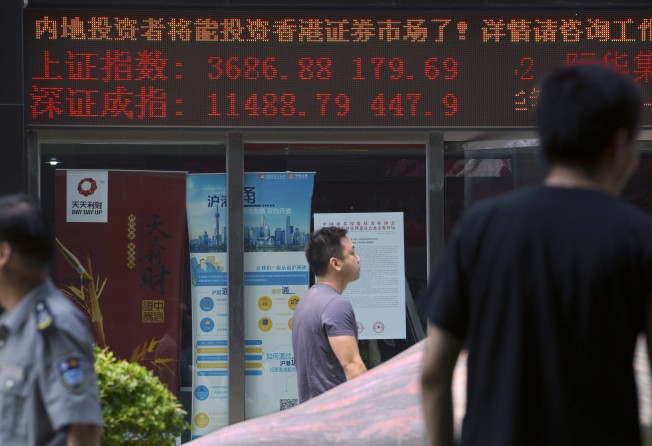Beijing needs to improve its communications if it is to restore credibility with the markets
It could learn from an art perfected by the US Fed, of talking to the markets to give guidance in the context of clear policy, without giving too much away

International investors who remain in the dark about China’s currency strategy are in good company. Former US Federal Reserve chairman Ben Bernanke has criticised the People’s Bank of China for poor communication with the markets. “The PBOC has not been as transparent as they usually are ... if they want to tie [the yuan] to a basket [of currencies] it might be useful to say that”. If people like Bernanke find the central bank difficult to read then many investors would have many questions about how it intends to maintain currency stability amid current volatility. Bernanke was referring to the global turmoil following recent changes in the currency regime. The sudden devaluation of the yuan last August, when the PBOC adjusted the daily trading band mechanism, sent shock waves through fragile markets. The yuan has since weakened about 6 per cent against the US dollar amid capital outflow, and its movements have been blamed for some of the volatility in equities.
It seems the lessons of this experience may not have been lost on Beijing. President Xi Jinping’s (習近平) top aide Liu He has had a phone conversation with US Treasury Secretary Jacob Lew during which, according to the treasury, the two discussed “the importance of China clearly communicating its policies and actions to the market”. And at the World Economic Forum in Davos another top aide, Fang Xinghai, vice chairman of the China Securities Regulatory Commission, conceded that poor communication contributed to global market anxiety over China’s falling currency as he sought to quell fears that Beijing is pursuing competitive devaluation.
That is evidence enough that Beijing needs to improve its communications if it is to restore its credibility with the markets. It could learn from an art perfected by the US Fed, of talking to the markets to give guidance in the context of clear policy, without giving too much away. There is precious little sign of a channel for conveying the PBOC’s message. The Fed chief also shares his or her thoughts with Western counterparts and, for nearly 30 years, Jackson Hole, Wyoming, has hosted an annual retreat at which central bankers and senior finance officials can discuss ideas in both formal and off-the-record settings. At this stage if would be very difficult for a Chinese central banker to do that. In any case the PBOC in many senses is not the final decision-maker. Despite the urgings of the US and Western authorities, China has its own concerns about how transparent it can be. But with the prospect of market-friendly reforms, ways must be found for genuine improvements in communication.